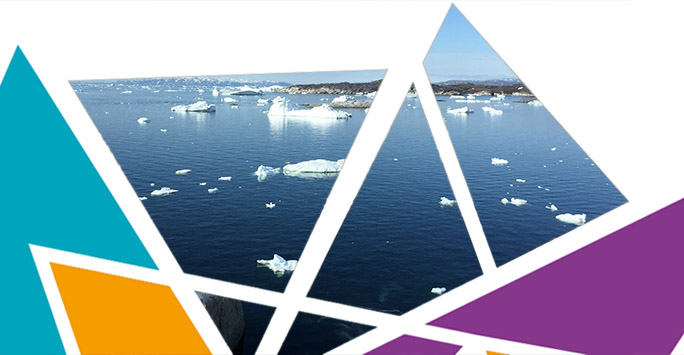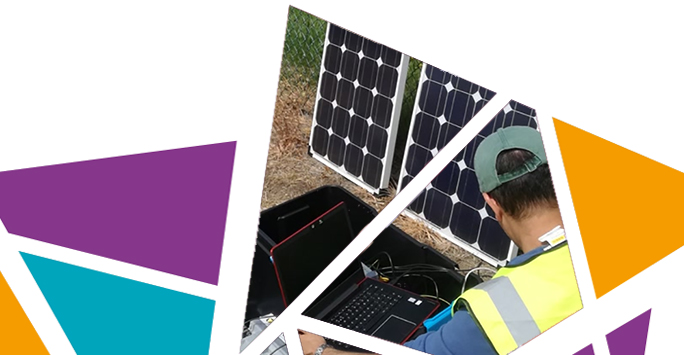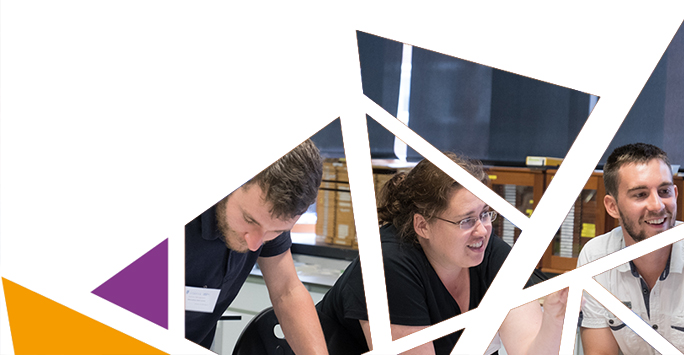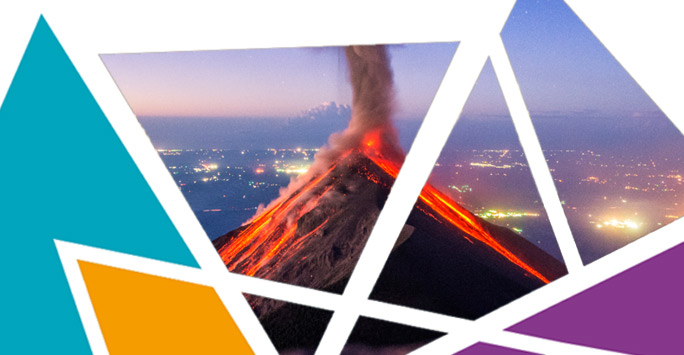Earth, Ocean and Ecological Sciences research impact
Research from the University of Liverpool’s Department of Earth Ocean and Ecological Sciences has had a significant impact on a wide range of organisations.
The department’s academics can access state-of-the-art analytical facilities and are internationally recognised experts in their fields, working with governments, NGOs and a range of industrial partners.
Earth scientists are developing energy supply solutions from fundamental exploration to optimising its production for industry, work that includes hazard-related issues such as volcanic eruptions and artificially induced earthquakes. Department ocean scientists work on matters relating to marine pollution and ocean-atmosphere-CO2 issues that feed into and influence national and international policy-making initiatives. Ecologists have long worked on matters relating to land management, experience with expertise that has led to numerous changes in recommended farming practices.
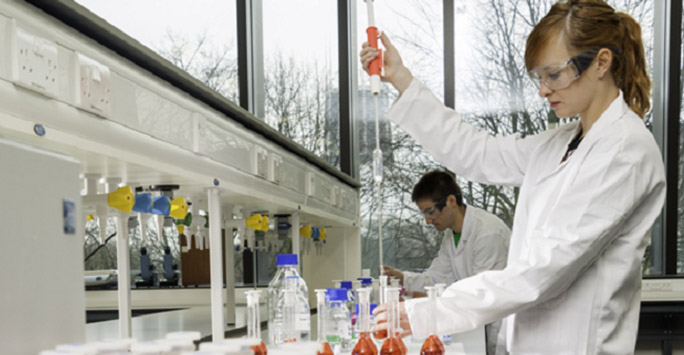
Postgraduate research
Our students are central to our research success, as highly productive members of our research community. As a postgraduate student here, you'll benefit from excellent research training and supervision.
